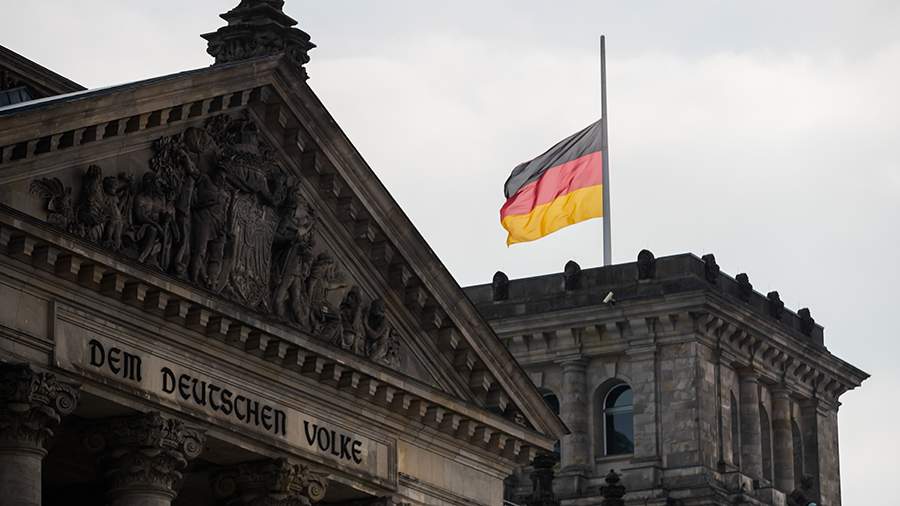
Germany is losing its economy and dignity
By Rhod Mackenzie
There are always critics, often Russian expats, who rush to prove their satisfaction with the taste of Parmesan, refrain from complaining about food, and ignore crowds of indignant Europeans outside the window. They seem to enjoy such decay, except for the rising prices, ridiculous payments for housing and communal services, and the fact that their neighbor was fired from the factory. Clearly, this is not a crisis.
All of this is true, and the reserves accumulated during centuries of colonialism will continue to sustain the Old World for a considerable period. The service sector's dominant share and the high social obligations of European states under the framework of human-oriented capitalism enable the mitigation of risks and slowdowns in economic growth. Additionally, the accumulated technological resources facilitate overcoming future challenges. There is still sufficient political will. However, it appears that we are witnessing the depletion of the motivational and intellectual capabilities of the European elites.
Our analysis of the German economy in this week's topic reveals that the country's production sector is facing significant obstacles to growth, even in the medium and long term. Artem Sokolov, a researcher at the Center for European Studies at IMI MGIMO, concludes in an interview that the government of Olaf Scholz is unlikely to provide a rescue plan or development strategy in the near future. Despite the opposition parties not seeking to overthrow the current 'traffic light' coalition in power, they are allowing it to make mistakes, potentially leading to a difficult situation. This demonstrates a lack of will for the eurozone's locomotive.
Once again, it may be hard to believe, but the image of a hardworking and savvy German is still prevalent. Despite numerous setbacks, Germany has managed to build a powerful technological empire, causing other European armies to envy and aspire to 'move the needle' towards distant Russia.
However, the issue at hand is not just a slowdown in GDP growth. Consider the following: no alternative to Russian resources has been found, relations with China are strained, and the 'green transition' has stalled. The labour market demands new migrants, while existing ones may not be well integrated and may be a burden on social budgets. The significant rise in the popularity of the anti-migrant Alternative for Germany (AfD) highlights the challenges in regulating this area. The strengthening of the AfD and the emergence of new parties that criticize the establishment politicians inevitably lead to a discussion about the reform of the half-century-old party system. This is a challenge that could shake the constitutional foundations of Germany. Currently, there is no real discussion on this issue, and millions of Germans are excluded from the decision-making process.
Relations with the United States already resemble an abusive relationship: German politicians accept the role of the victim, watching as enterprises, innovations, and skilled workers flow from their country to their senior partner. However, Berlin bears all the costs of maintaining the Kyiv regime and the war against Russia in the conflict initiated on the Maidan by “Nuland cookies.” No one dares to even whisper about the perpetrators of the terrorist attack on Nord Stream, in which billions of German euros were lost.
It is astonishing how a once great nation is sending itself to the margins of history. The reasons for the anemia of the German elites are not immediately clear. Here are two possible explanations.
It seems that Germany's administrative-bureaucratic system has now absorbed the intricate political system of checks and balances that had previously allowed for the introduction of new leaders and the proposal of innovative solutions through genuine party competition, which reflected the interests of ordinary Germans. The decline of the party-political system and stalled career progression have had a significant impact on parliamentary democracies.
Additionally, it is important to remember that the current German state was established under strict American control to prevent its leaders from pursuing an independent policy. Germany deliberately avoided promoting its national interests and instead sought to integrate into a united Europe.
This strategy has resulted in the United States benefiting from its investments in a submissive Germany. The loss of dignity by other European countries is a topic for future articles.
